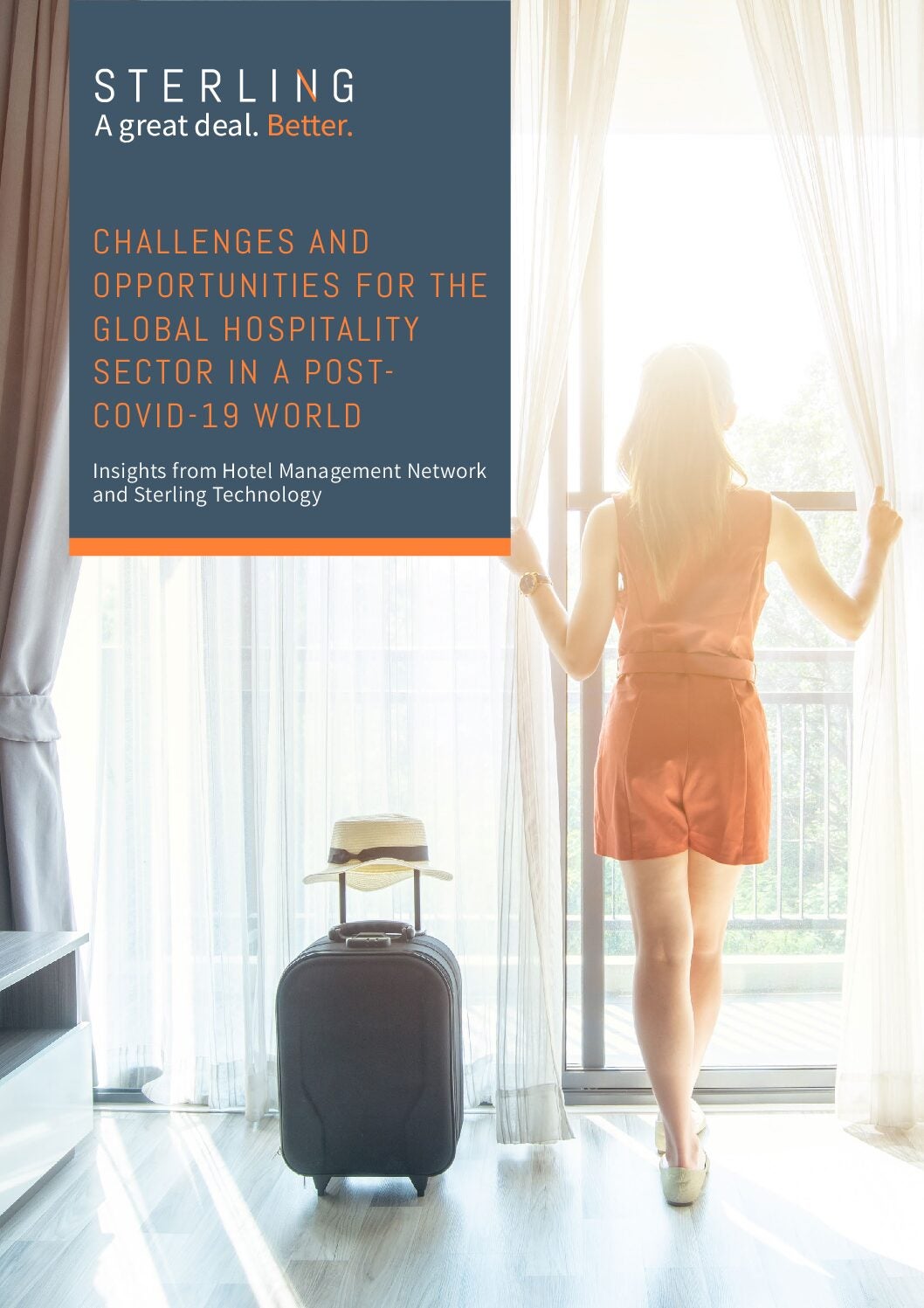
The past few years have been challenging for the hotel sector. Supply chain issues, staff shortages, and the aftershock of the Covid-19 pandemic have all impacted business, leaving lasting changes in many instances.
However, as travel numbers start to pick back up again, hotels are turning to innovative tech to attract new customers and secure repeat business. Big data, virtual reality, and mobile apps are all being leveraged to provide a seamless customer experience, from booking to check-out.
While these technological features must be carefully implemented to preserve consumer trust, there is no doubt of their disruptive capabilities. Hotels must keep an eye on the five following trends if they want to remain at the forefront of the hospitality sector.
Artificial intelligence (AI)
All industries are set to be transformed by AI, and the world of hospitality is no different. AI chatbots are increasingly being used as virtual assistants, with guests able to ask questions and find solutions 24/7. Such chatbots can be trained in a variety of languages and can facilitate a more rewarding customer experience by limiting the potential for cultural misunderstandings. Chatbots can also deal with queries customers may not want to raise in person.
Furthermore, AI can be applied to booking systems, utilising intelligent predictive modelling to adapt prices in accordance with demand and maximise revenue. As the sector continues to feel the effects of labour shortages, technology can help to fill gaps in the hotel workforce. With AI, staff timetables can be optimised and tasks automated to ensure that a hotel is providing the best possible experience for its guests.
Ensuring personnel are used most efficiently and effectively remains important. While many tasks are being automated, the importance of real people providing quality customer service remains fundamental to the hospitality experience.
“It is important to strike a balance and avoid excessive reliance on AI, as the human touch remains crucial, particularly at the premium end of the market,” notes Nicholas Wyatt, Head of R&A, Travel & Tourism at GlobalData.
Smart hotels
The Internet of Things (IoT) is becoming more common in hotels to connect devices and systems. Covid-19 restrictions drove demand for contactless technology, but the trend for voice-recognition or motion-sensor technology shows no signs of slowing. When integrated with systems such as Amazon’s virtual assistant technology Alexa, guests can adjust the lighting or change the temperature in their room without lifting a finger.
IoT devices can also be used to enhance safety and security across a hotel. In an emergency, tech can provide real-time updates to staff and guests, and can quickly alert maintenance staff about electrical faults or leaks.
Data analytics and personalisation
Alongside the implementation of smart hotels comes access to significant amounts of personal information. IoT and digital touchpoints can collect huge swathes of data on guest behaviour and preferences. This can be used to provide a more tailored guest experience, something that is of high importance to younger consumers.
According to GlobalData’s recent Consumer Survey Snapshot of Global Attitudes and Behaviour, Gen Z (25%) and Millennials (27%) are the most open to and the most influenced by products and services that are tailored to their needs and personality. This falls to just 18% for the Silent Generation.
“As personalisation is a driver of repeat custom and customer satisfaction, there are clear benefits for lodging providers,” explains Wyatt. “However, consumers do have privacy concerns, and these must be factored into decisions around whether and how to implement such technology solutions.”
In addition, the ever-greater volumes of data gathered by hotels are of great value to malicious hackers and must also be protected by stringent cybersecurity measures. Incidents such as the 2019 MGM Resorts breach, where the data of 10.9 million customers was compromised, will keep occurring unless companies put the necessary cybersecurity provisions in place.
Mobile technology
After being introduced as a social distancing measure during the Covid-19 pandemic, the ”self check-in” looks set to stay. Hotels are increasingly allowing guests to check themselves in on their mobile phones for greater customer convenience and to free up staff for other essential tasks.
In connection with IoT devices, mobile apps are also being offered to guests, allowing them to order room service and control the climate of their rooms. In addition, apps can provide tailored recommendations for attractions, restaurants, and activities in the local area to enhance the personalised aspects of the hotel experience.
Digital marketing
A strong social media presence and smart use of online marketing can be instrumental in a hotel’s success, especially amongst Gen Z and Millennial consumers. The GlobalData Consumer Survey found that, globally, consumers are most likely to book holidays through third-party online travel agents such as Booking.com and Expedia, which take a cut of all bookings.
To maximise revenues, hotels should optimise their websites and internet presence to drive direct bookings. Content marketing and search engine optimisation (SEO) will be critical to this.
Furthermore, uses of virtual reality (VR) as a marketing tactic are rising, as it can attract guests with a tour of their accommodation before they’ve even arrived. Potential customers can explore the facilities, examine the location, and compare different room types from the comfort of their own homes for maximum confidence when booking.
Discover further insights
To discover further insights into the challenges and opportunities facing the hospitality and hotels sector, download our new report “‘Challenges and opportunities for the global hospitality sector in a post-COVID-19 world”, published in association with Sterling Technology – the premium virtual data room provider for hospitality and hotels dealmaking.



